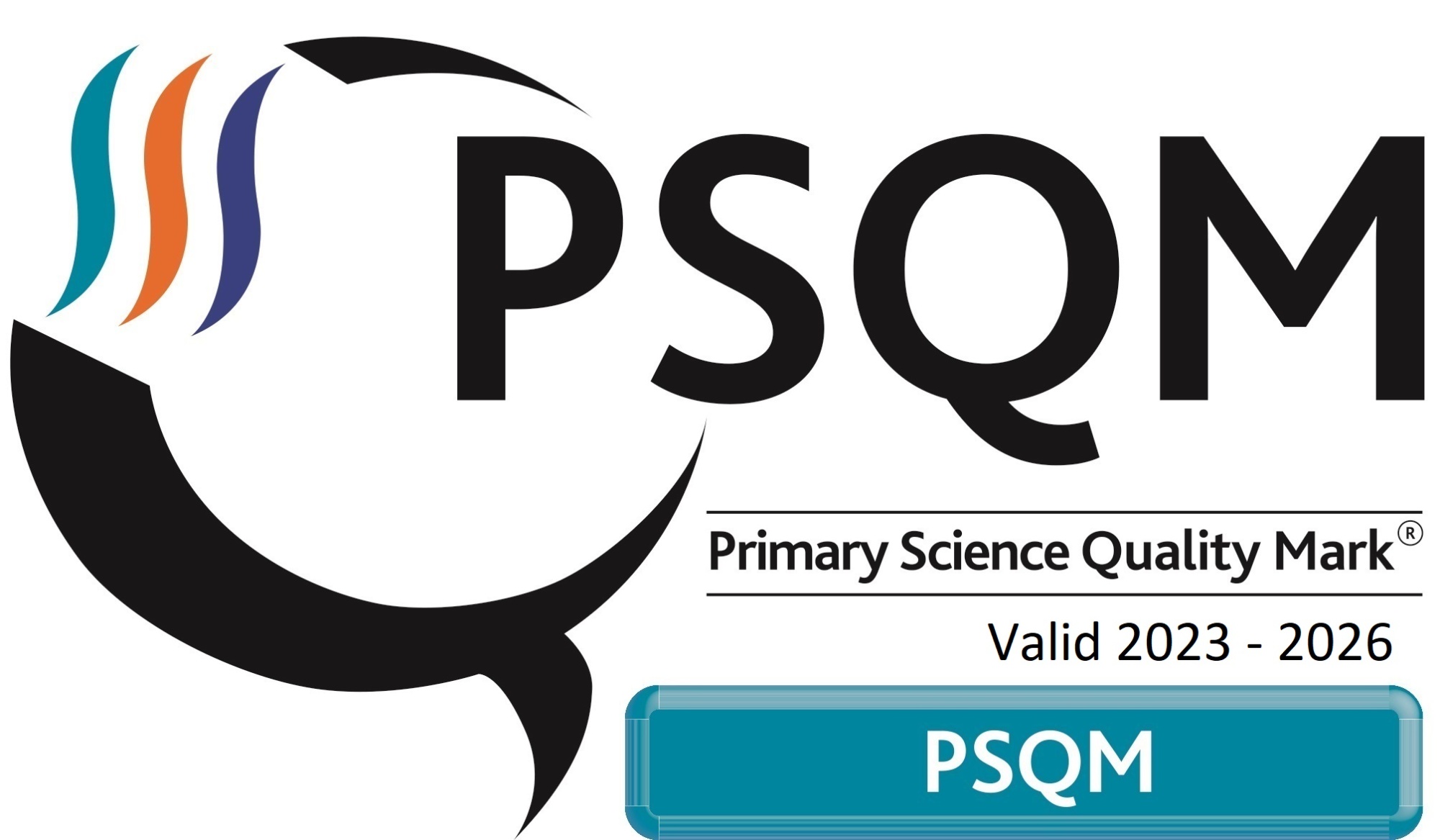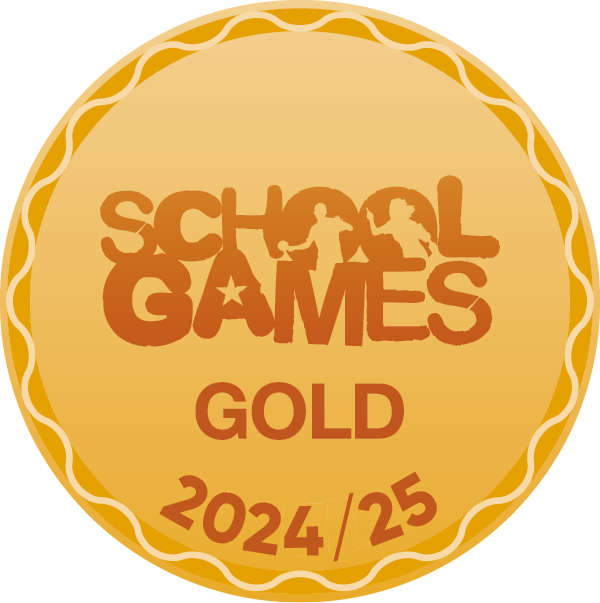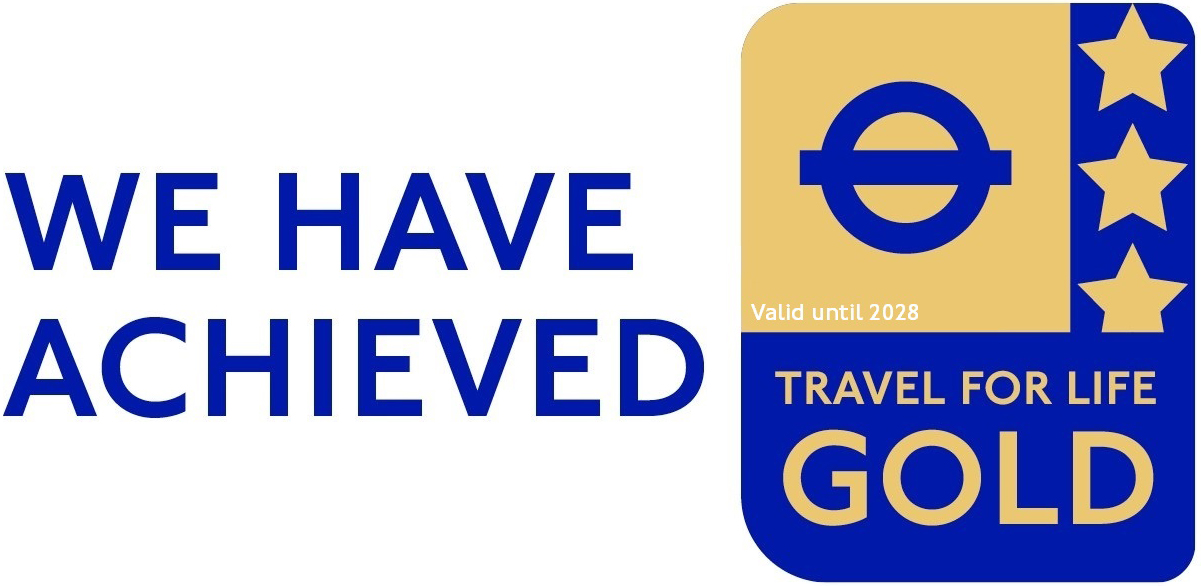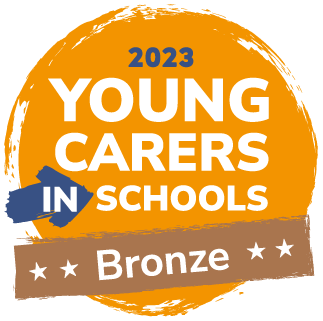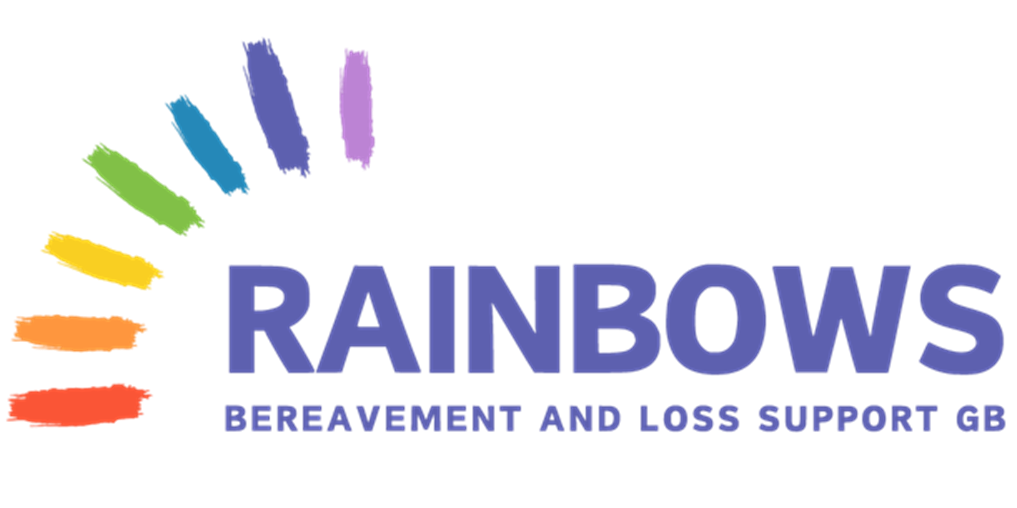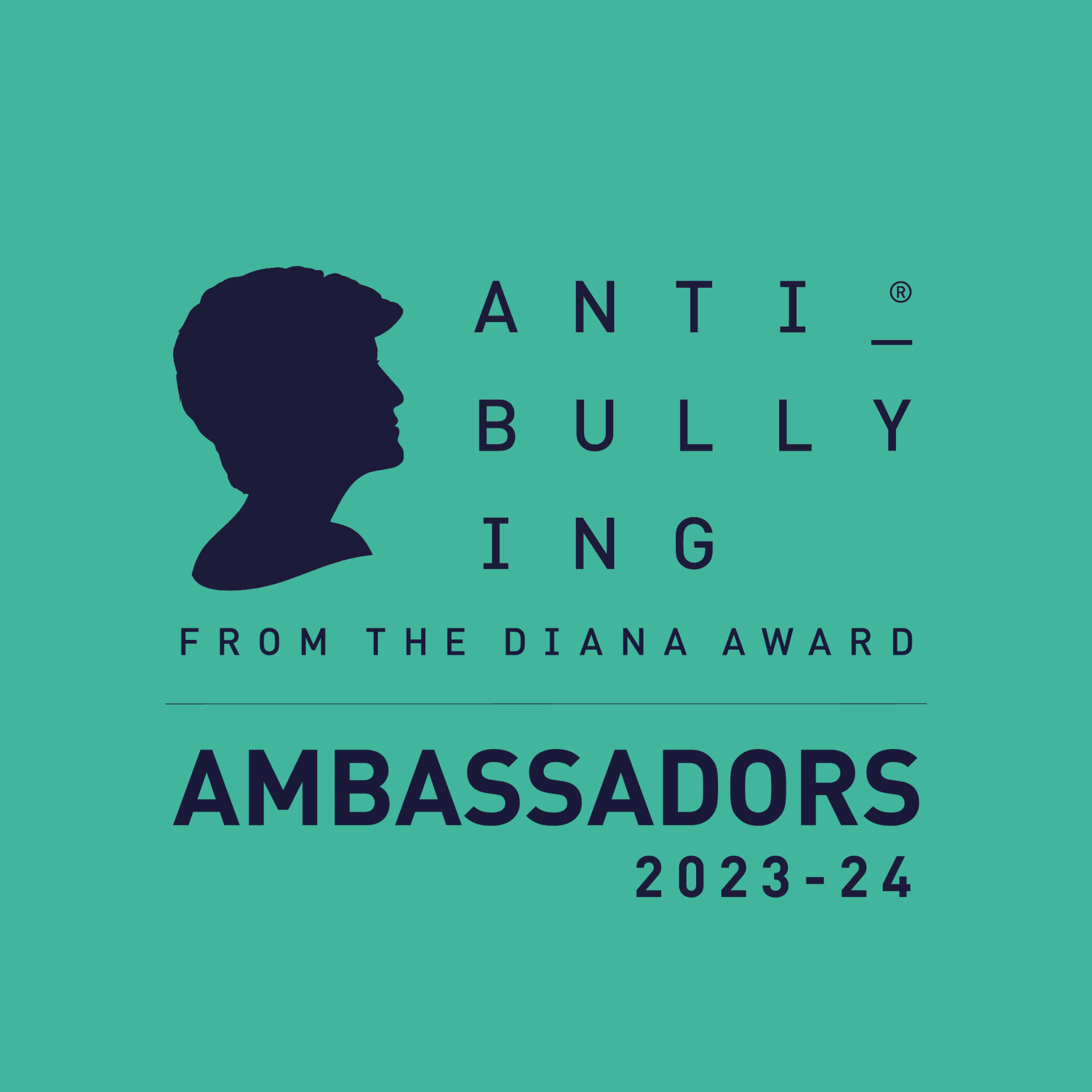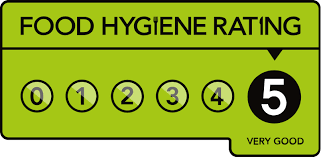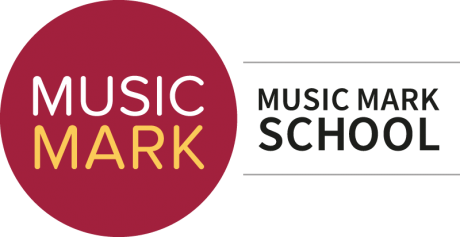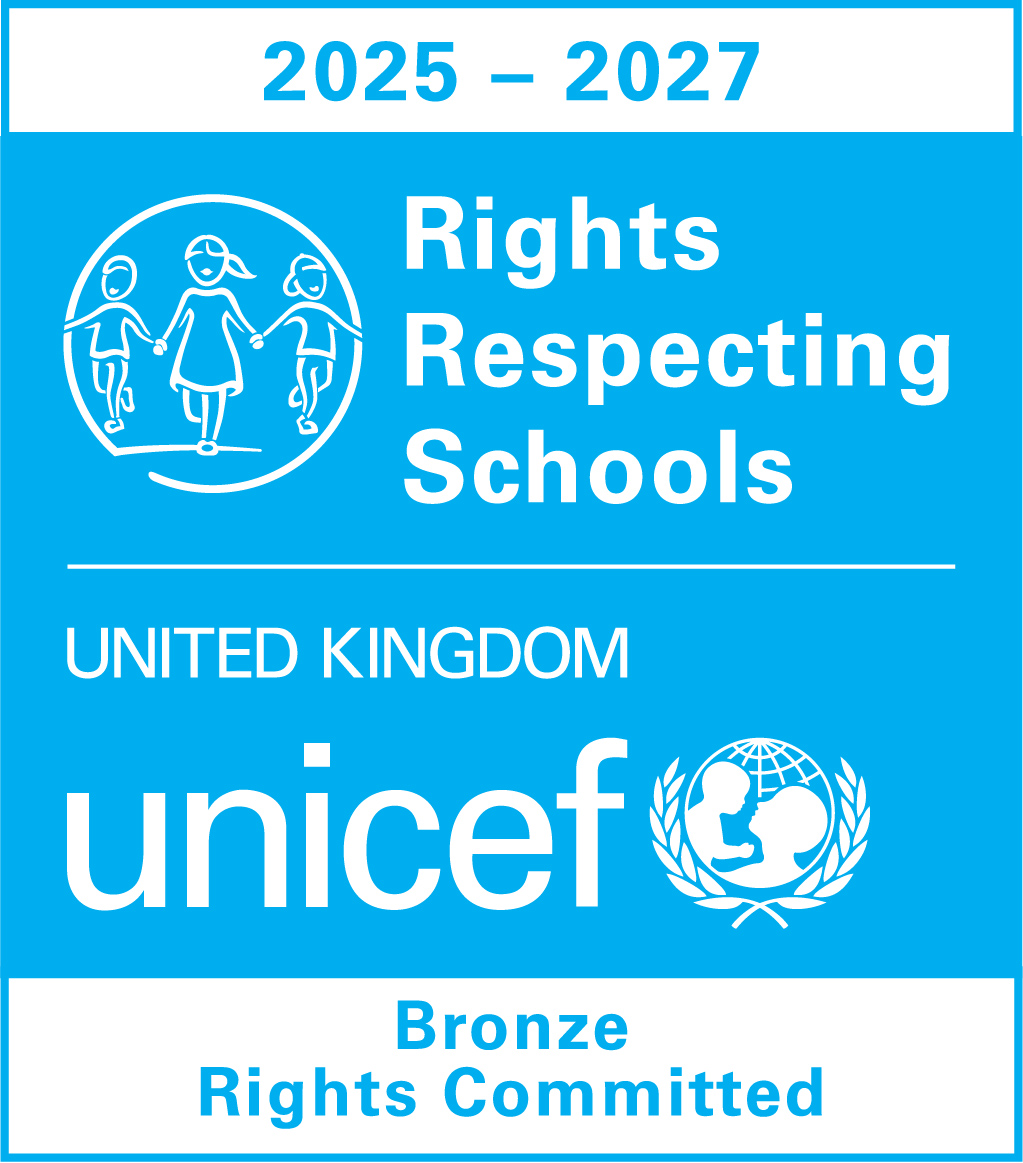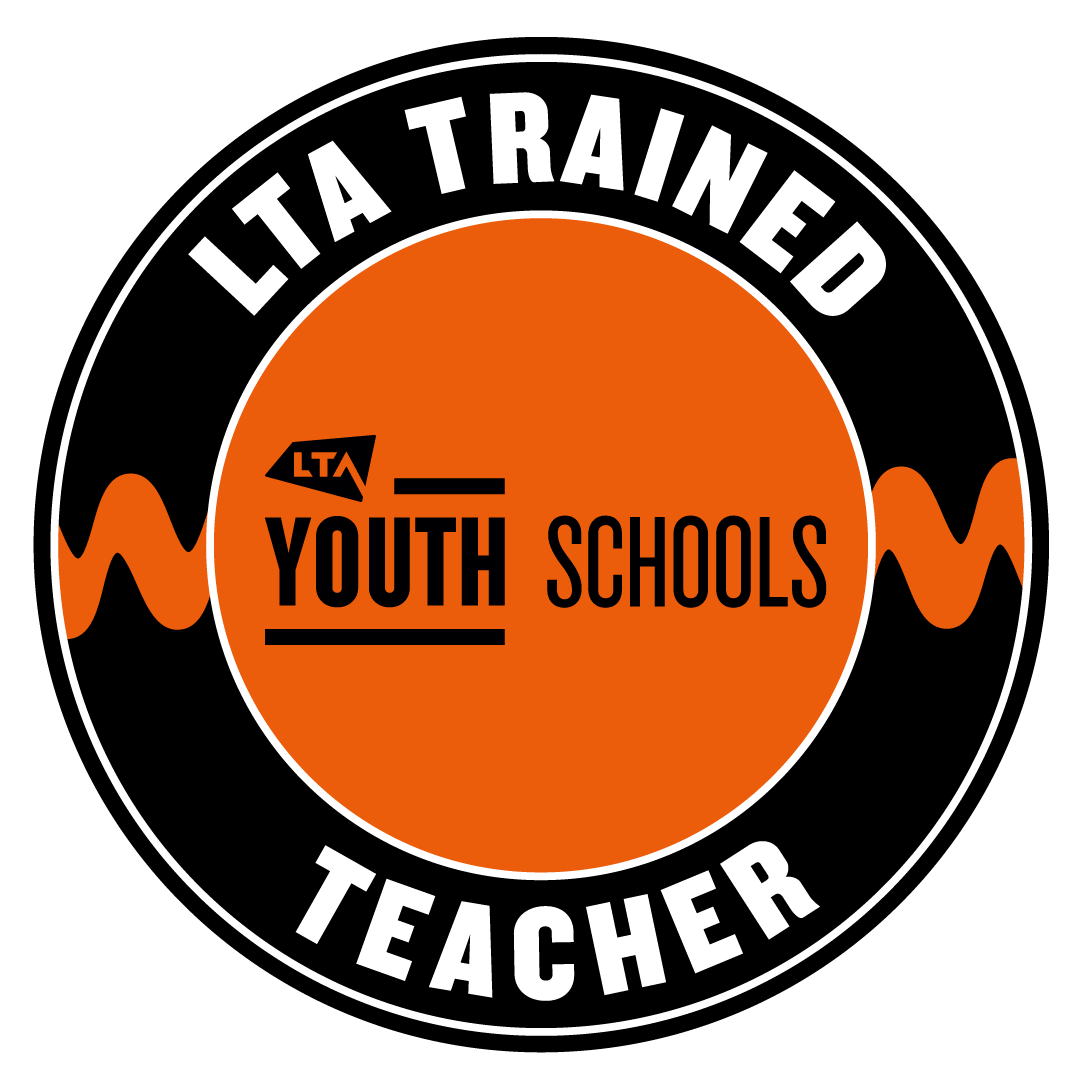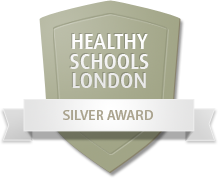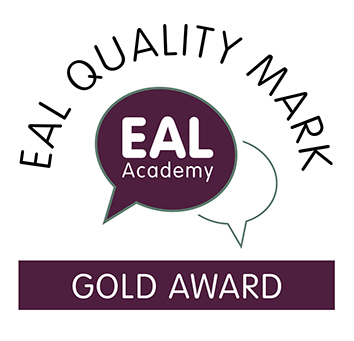Oracy
Background
Our school’s context presents a high need for a succinct Oracy approach that promotes rapid learning of the key skills necessary to communicate effectively. Our current number on roll is 567, with 79% of pupils having English as an additional language (EAL). This paired with the fact that our community is incredibly transient (we have 64% of school stability, well below average), means that we have a greater need to secure our Oracy skills fast. Speech, Language and Communication Needs are the most prevalent in the school; 62% of children on our SEND register have an identified communication need and 5.3% of the school’s total population receive specialist support from a Speech and Language Therapist.
Oracy is the ability to communicate clearly, collaborate effectively, and listen with empathy – is essential for pupils' academic success, personal development, and future opportunities. Findings from the National Literacy Trust’s Parents' Support for Young Children's Literacy at Home in 2024 report reveal that fewer parents are engaging in daily language-rich interactions with their children, such as regular conversations and reading together. For instance, only 78.1% of parents reported chatting daily with their child – a drop from 90.3% in 2019. This decrease in vital language interactions underscores the need for schools to provide environments rich in Oracy opportunities, helping to bridge gaps in early language exposure.
The Oracy Commission report also shows the benefits of embedding Oracy throughout the curriculum:
- Improved academic outcomes: Pupils with strong speaking and listening skills excel across subjects.
- Increased wellbeing and confidence: Pupils feel more secure in expressing their ideas and managing emotions.
- Bridging the disadvantage gap: Oracy offers disadvantaged pupils a critical tool for closing attainment gaps and promoting social mobility.
- Enhanced citizenship and agency: It equips pupils with the confidence to participate actively in civic life.
Our goal is to ensure that pupils receive an education that is highlighted by Oracy so that they have a better chance at attainment and are ready for the next stage of their education and future careers.
The foundation of our Oracy programme and curriculum is the Oracy Framework which was created by Voice21 and Cambridge University.
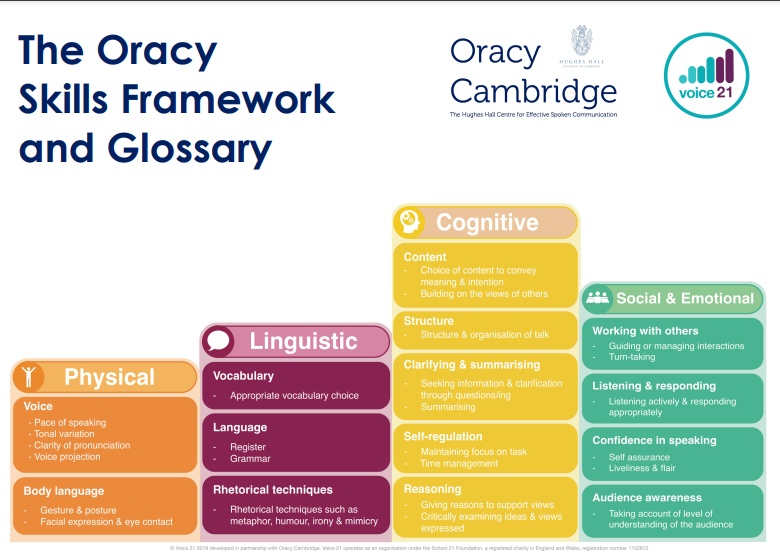
In lessons
Rosenshine’s Walkthrus
We use the Rosenshine WalkThrus as our foundation for coaching teaching and learning in the classroom. As a result, this is also where we start the foundation of our Oracy programme at William Byrd. We used the following WalkThrus as the foundation of promoting talk in the classroom:
- Think, Pair, Share
- Probing questions
- Cold calling
- Say it again, better
- Live modelling
- Metacognitive talk (Thinking out loud)
Sentence Stems and Vocabulary
Evidence shows that pupils learn through talk, however sometimes they don’t always have the structures in place to frame their thinking. At WBPS we use sentence stems and provide rich vocabulary in every lesson to help pupils frame their thinking as they talk and think out loud. The impact of this should see learners be able to understand and articulate complex and new ideas both orally, and eventually through their writing and independent work. These sentence stems are on slides, but we also have a series of ‘Talk like a…’ sentence stems as well as the Enigma Maths Hubs resources that we use to support our learners. You can see an example below:
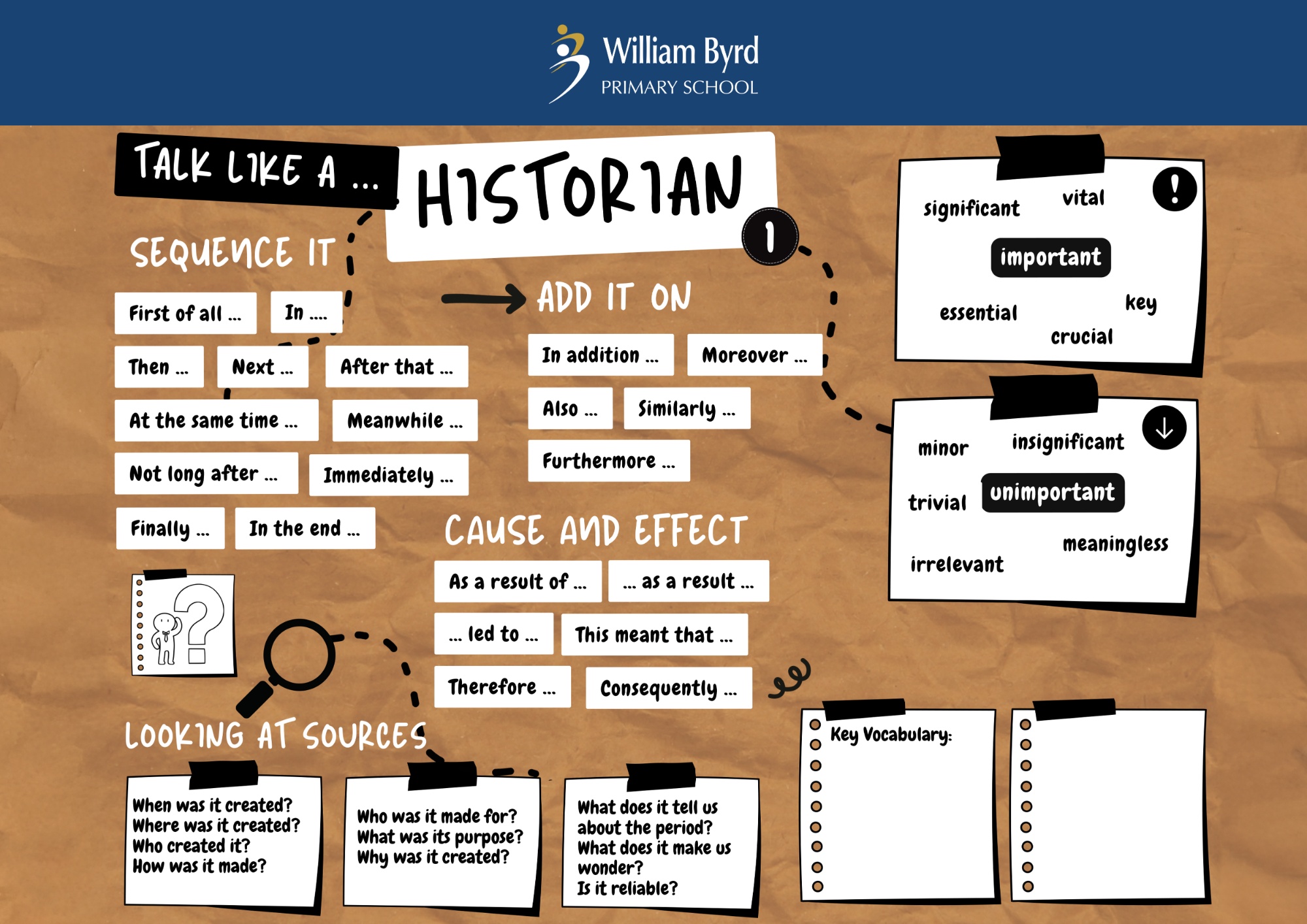
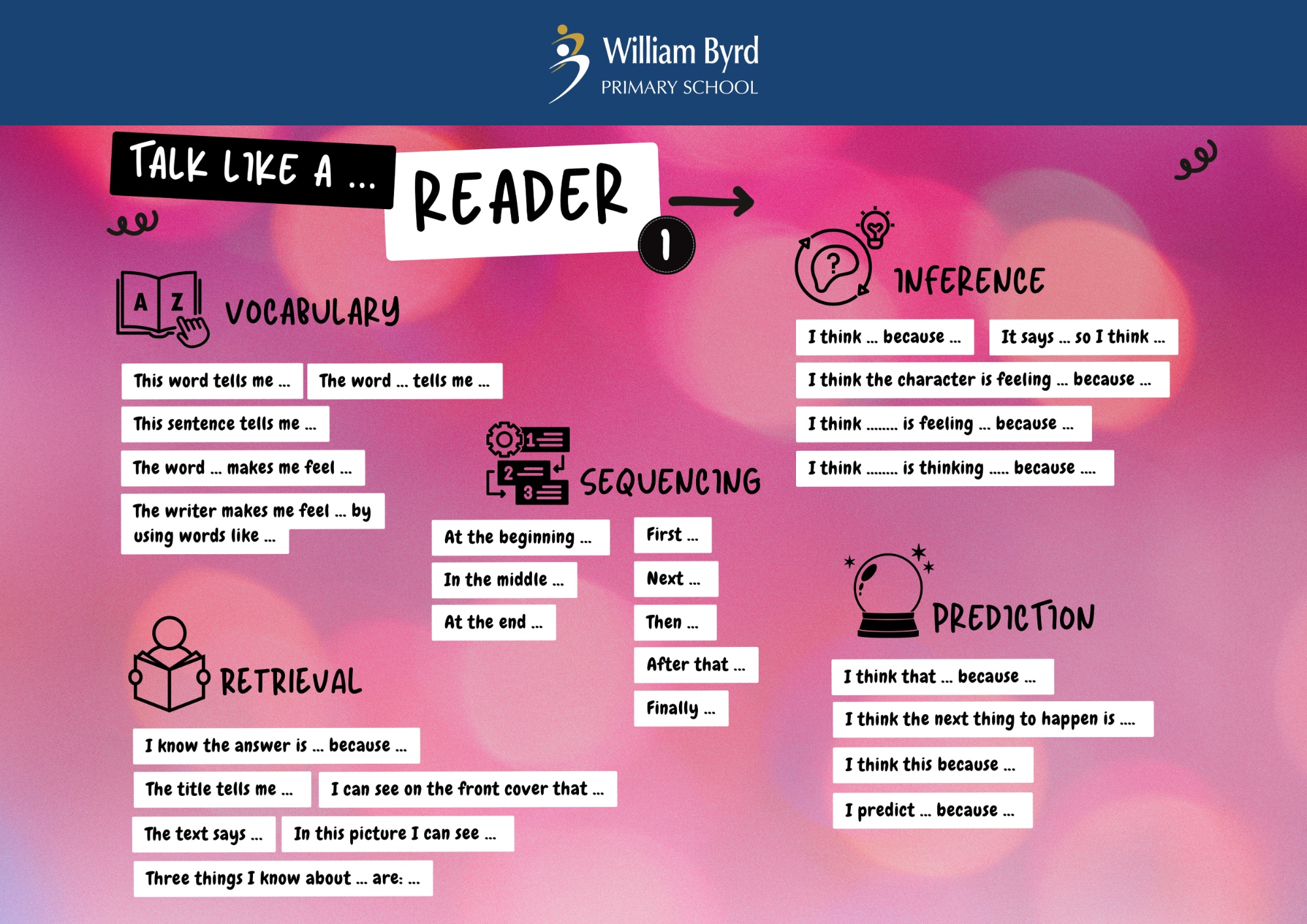
The William Byrd Oracy 4
Children will be taught the four fundamental Oracy skills schoolwide through lessons and through Oracy assemblies. Teachers are encouraged to use these throughout the lesson, but every foundation lesson will include an opportunity for one of the four to be used in the ‘reflection’ portion of lesson.
- Discuss (Cognitive/Social and Emotional): Giving pupils opportunities to discuss an idea, thought or topic with a partner or a group. Teachers support pupils by teaching them about active listening, body language and the structure of a conversation (turn taking, listening and receiving)
- Present (Physical Oracy/Linguistic): Giving pupils opportunities to prepare and present an idea, topic, speech or piece of work. Teachers support pupils by helping them work on their pitch, tone, pace, volume and posture. Teachers and peers also encourage high level vocabulary choices and talk about the audience and the purpose of the presentation.
- Challenge (Cognitive): Giving pupils opportunities to respectfully challenge each other’s thoughts and viewpoints in a structured way. Teachers support pupils by giving rich probing questions and facilitating debate style discussions where pupils can challenge or justify their viewpoints.
- Question (Cognitive): Giving pupils opportunities to question and clarify the materials they are presented by their teacher or their peers. Teachers support pupils by giving question and sentence stems, and leaving room in lessons for pupils to come up with and ask their clarifying questions.
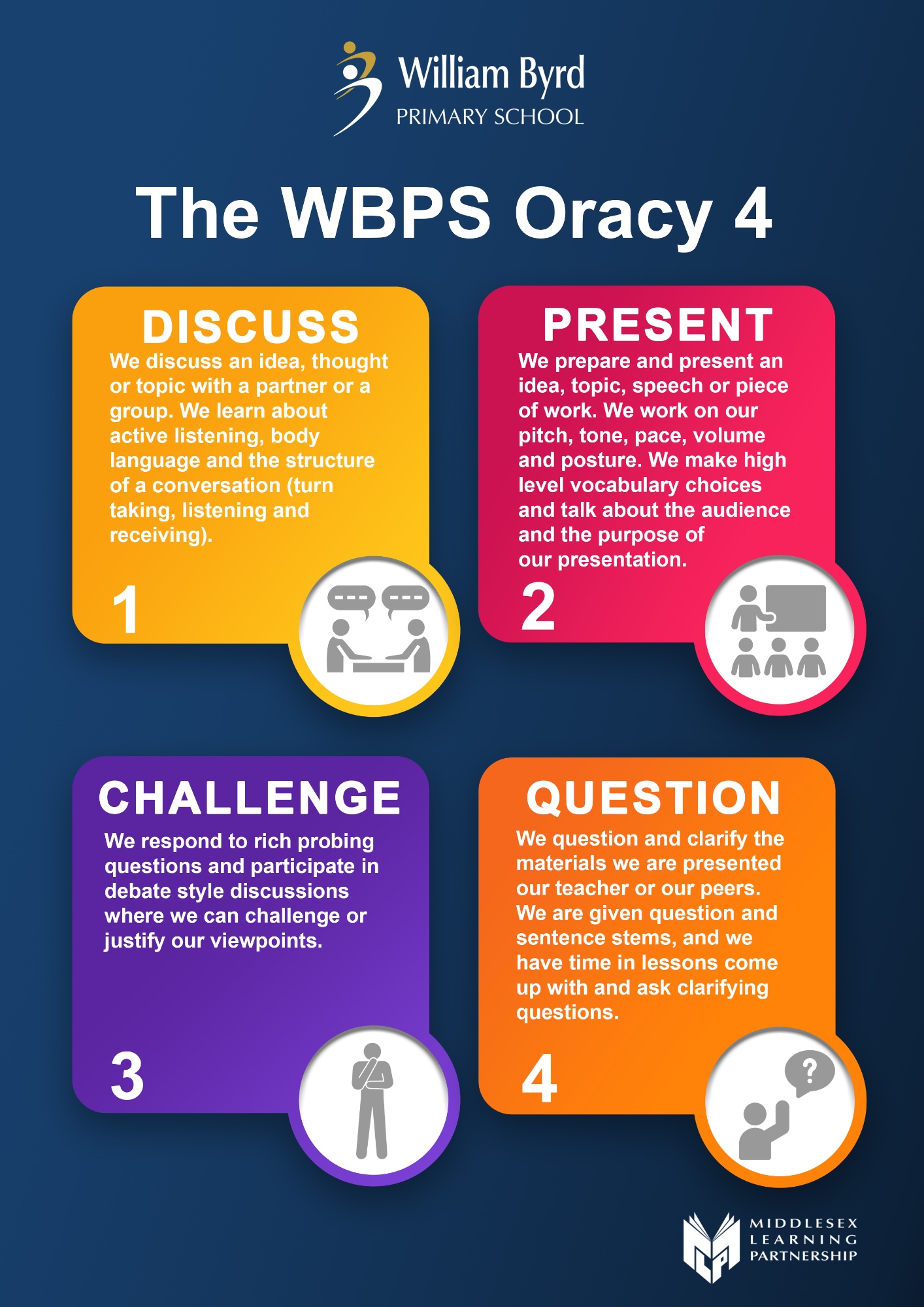
Whole School Opportunities
WBPS has a calendar of whole school opportunities which allow pupils to work on all four strands of their Oracy. They work on the physicality of presenting, while also considering their audience, vocabulary choice and engagement. Currently, our whole school calendar includes:
- William Byrd Election Day: all pupils present a manifesto to their class, 9 pupils are selected to present to their whole year group
- 500 Word Storytelling Festival: all pupils write a 500 word story (in conjunction with the BBC 500word story competition). All pupils read their story to their class. 9 pupils are selected to present their story to the school and parents/carers
- MLP Year 5/7 Poetry Slam: all year 5 pupils write a poem based on the year’s theme. All year 5 pupils present to their class
Each class also prepare, rehearse and present a 20-30 minute class assembly to their parents/carers and classes from the school. Year 2 rehearse and present a Christmas production to the whole school as well as parents/carers. Year 6 present an end of year production to the whole school and parents/carers.
Oracy Assemblies
Starting in September 2025, William Byrd will have a weekly Oracy assembly (in conjunction with their celebration assembly). The assembly will focus on one of the UN Rights of a Child. The children will be taken through one of the rights, and then asked a question which they will explore through one of the WBPS Oracy 4 (Presenting/Discussing/Challenging/Question).


